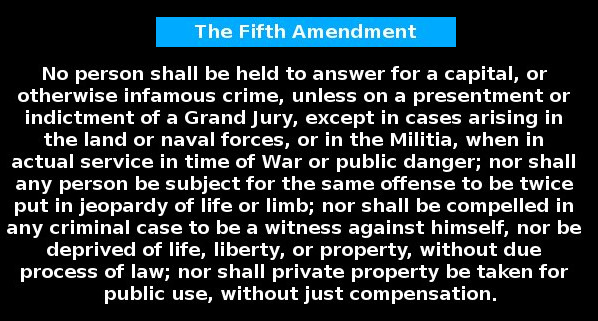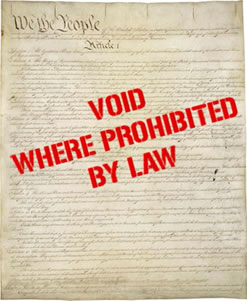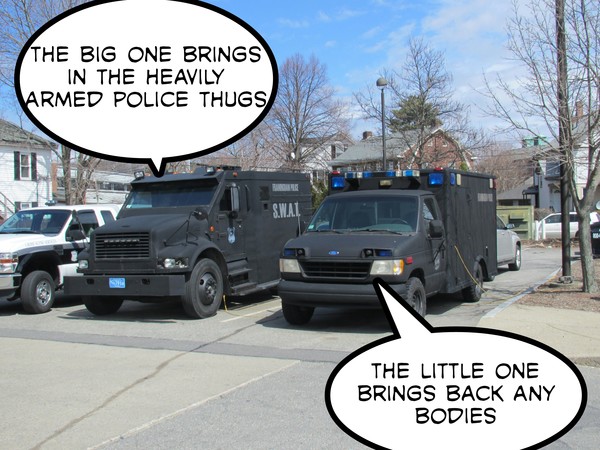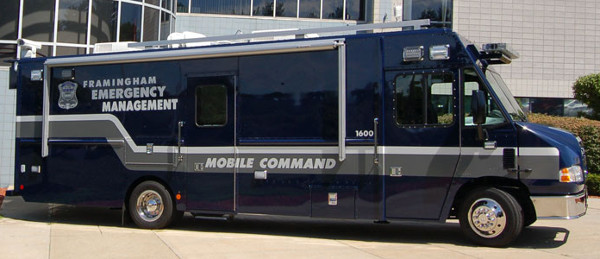
|
The Fifth Amendment to the United States Constitution states
nor shall private property be taken for public use, without just compensation
.
Police Seized Almost $10,000 From Him. A Court Ruled He Had No Right to an Attorney
Massachusetts General Law 94C, Section 47 permits civil forfeitures.
Many police departments now depend on forfeiture for a fat chunk of their budgets. In 1986, its first year of operation, the federal Asset Forfeiture Fund held $93.7m. By 2012, that and the related Seized Asset Deposit Fund held nearly $6 billion. The forfeiture laws are unfair on a very basic level. They disproportionately affect low-income people and provide a perverse incentive for police to focus on drug-related crimes, which come with a potential kickback to the police department, rather than rape and murder investigations, which do not. They also provide an incentive to arrest suspected drug-dealers inside their houses, which can be seized, and to bust stash houses after most of their drugs have been sold, when police can seize the cash (and who knows where it goes from that point on). In 2011, Framingham received $285,913 in civil forfeiture monies and $862,163 in 2012. After examining the Fifth Amendment of the US Constitution that Steven B. Carl swore to uphold, one begins to wonder if Carl has a Nazi flag hanging in his garage and a pair of shiny German marching boots in his closet. Framingham, police chief Steven B. Carl said his department uses the monies to pay for training, vehicles, undercover drug buys, and overtime undercover operations. It seems that the $12 million we the taxpayers fund the police department with is not enough. Since undercover operations have absolutely no metrics to measure its effectiveness, this means that the police can park four or five undercover officers at any address in town and let them sleep all night while they pilfer monies from the forfeiture funds so that the officers can then pilfer monies from the taxpayers doing detail work in the daytime. If you think property taxes are not forfeitures, try not paying them and measure the time it takes for men with guns to come to your house to take it away from you. It's not like anyone in Town Meeting actually keeps track of these funds.

Spending money this way is beyond absurd well into perverse. In my ever so humble opinion, all forfeiture funds should be placed back in the town's general fund. If the town's police have the authority to steal it, it belongs to all of us.

In fact, there is no one in Town Meeting who has the gumption or chutzpah to demand information from Steven B. Carl as to how many high capacity firearms and automatic weapons Framingham's Blue Mafia buys with forfeiture monies. Lastly, how much ammunition does the Blue Mafia purchase on an annual basis?
Massachusetts has a terrible civil forfeiture regime. Under Massachusetts civil forfeiture law, law enforcement need only show probable cause that your property was related to a crime to forfeit it. You are then in effect guilty until proven innocent, as you must shoulder the burden of proving that the property was not forfeitable or that you did not know and should not have known about the conduct giving rise to the forfeiture. Further, law enforcement keeps 100 percent of all forfeited property. The receipts are split: half to the prosecutor's office and half to the local or state police. Massachusetts is required to collect forfeiture data, but in response to requests, the state provided data only for 2000 to 2003.

A Department of Justice program called Equitable Sharing grants local and state agencies up to 80 percent of seizure profit. Many local officers, including some from Framingham, participate in those task forces. The Institute for Justice is among the few agencies that track forfeiture activity nationwide. The study found Massachusetts has a terrible forfeiture regime, giving it an F grade for its forfeiture law and a C for state law evasion, for a final grade of D. The study found that in states with stricter forfeiture laws, departments often evade them by seizing assets under federal laws. As in state law, law enforcement can take property without charging the owner with a crime. The study found 80 percent of people whose assets are seized by the federal government were never charged with a crime. The report also finds that forfeiture totals are not necessarily tied to population on levels of drug crime. For example, in 2002 Massachusetts and Texas reported similar totals of money seized.
Civil asset forfeiture is a key tool that helps law enforcement defund organized crime and fund organized government. Though popular among police who are able to supplement their budgets, opponents view civil asset forfeiture as legalized theft that corrupts policing with predatory profit motives. Property-owners who challenge seizures must prove their innocence by a preponderance of evidence, meaning they must convince a judge they are more likely than not to be innocent -- a lower standard than is used in criminal trials.
|
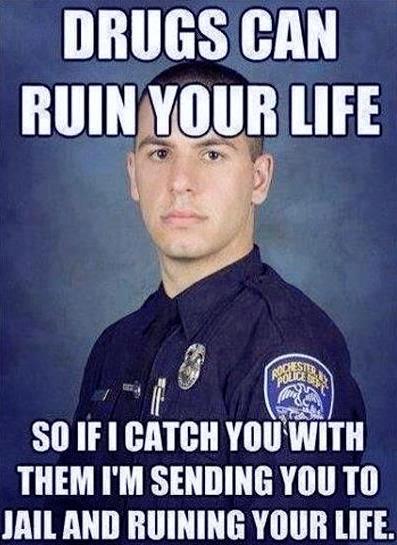
Send comments to:
 hjw2001@gmail.com
hjw2001@gmail.com
|



